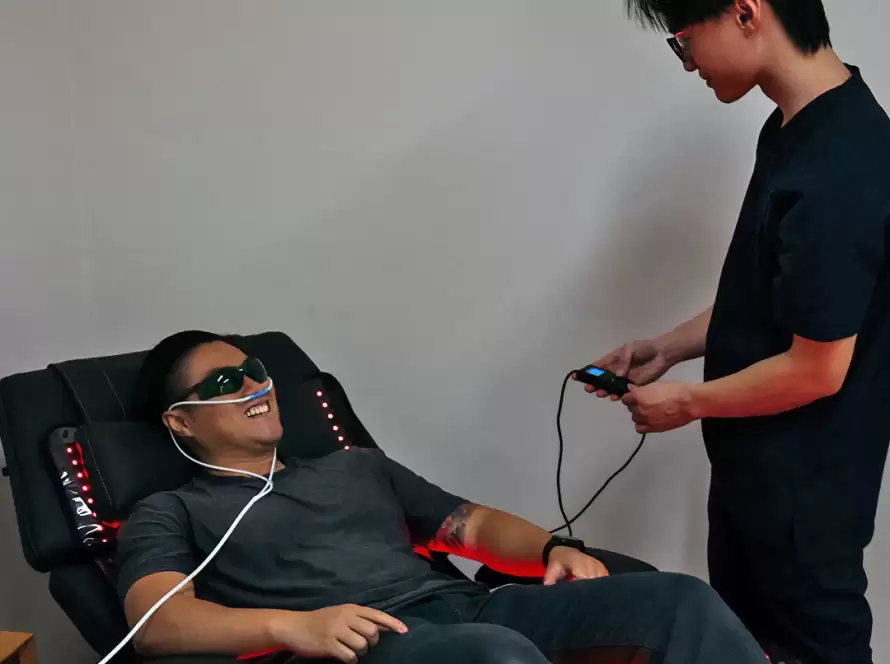What is Functional Neurology?
Functional Neurology is a specialized field within chiropractic care. Chiropractors who pursue this specialty complete an additional three years of study, including academic and practical training, and pass an exam from the American Chiropractic Neurology Board. This field focuses on the central integrated state theory, which views the nervous system as the combination of all activating and inhibiting pathways and inputs. This concept, rooted in Sherrington’s 1932 Nobel Prize theory, helps practitioners understand the complexity of the nervous system. Because the nervous system is so intricate, abnormalities can be difficult to pinpoint, hence the term “functional” neurology.
What is Neuroplasticity?
Previously, it was believed that the brain stopped growing and adapting once it reached maturity. This belief has been debunked with the discovery of neuroplasticity. Neuroplasticity is the brain’s ability to create and modify synaptic connections throughout life, allowing it to learn and adapt to new experiences and stimuli. The brain continues to form new neurological pathways as long as it is exposed to change. This ability supports the effectiveness of therapy in creating long-lasting changes for patients with neurological damage, as long as it is applied consistently.
What is the Diagnostic Process?
Due to the complexity of the nervous system, functional neurology focuses on identifying which pathways are dysfunctional. The diagnostic process involves a range of tests to assess overall brain function. These can include detailed visual processing tests, vestibular tests, balance testing, and more. These assessments help pinpoint areas of the brain that require attention and treatment.





